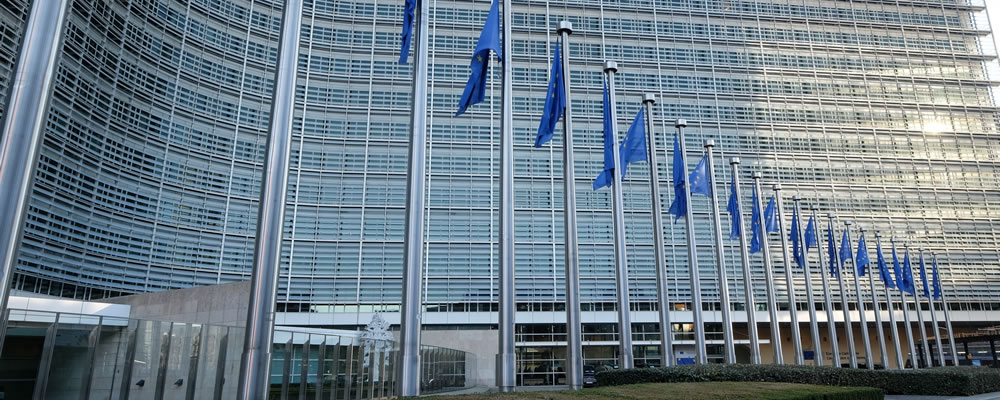Persistent Political Uncertainties in Italy Keep the Euro to Pound Exchange Rate from its Best Levels
Despite political jitters in Italy, the Euro to Pound (EUR/GBP) exchange rate advanced on Monday and recovered over a third of the losses seen last week. This was due to broad weakness in Sterling (GBP).
After tumbling from 0.8821 to 0.8741 last week, EUR/GBP recovered slightly to around 0.8777 on Monday evening. Tuesday saw the pair slip slightly from these highs, but at the time of writing its losses were not significant.
While the Euro (EUR) lacked market appeal due to concerns about populism in Italy, EUR/GBP was able to climb due to weakness in Sterling trade. Investors have been anxious about Britain’s economic outlook and persistent Brexit uncertainties.
As a result of Britain’s underwhelming outlook, Bank of England (BoE) interest rate hike bets have remained weak too. Traders are awaiting key UK data due for publication this week, as it may influence the UK economic outlook and BoE interest rate hike bets.
Euro (EUR) Exchange Rates Struggle to Hold Best Levels Amid Italian Political Uncertainty
The Euro’s gains against Sterling were made easier by a brief US Dollar (USD) selloff, but they may have been bigger if the shared currency wasn’t also pressured by market concerns about Italy’s next government.
Italy’s President, Sergio Mattarella, has begun formal discussions with Italy’s two populist parties on the subject of the next Prime Minister.
Italy’s general election in March ended with highly unclear results, and after weeks of negotiations it appears as though the nation’s populist parties have agreed to form a coalition government with one another.
The League party and the 5-Star Movement party have both had histories of Euroscepticism. While the parties did not platform on that stance in the recent election, investors are anxious that they may come up again if the parties come into power.
The parties have reportedly put forward a lawyer, Giuseppe Conte, as the candidate for Italy’s next PM. This worsened market uncertainty, as Conte has no political experience.
Markets, and Italy itself, now await news on whether or not Italy’s President will accept the proposal.
Pound (GBP) Exchange Rate Investors Sell Currency Ahead of Key Ecostats
Last week saw a brief boost in Pound demand, as investors speculated over the possibility that Britain could remain in an EU customs union post-Brexit.
Reports have suggested that the UK government is planning a ‘backstop’ to have UK tariffs remain in-line with EU ones. It would be used in the event that a more bespoke post-Brexit deal is not agreed.
However, Sterling was not able to hold its ground on this news as the possibility of Britain’s post-Brexit customs union membership was still an uncertainty. Investors were hesitant to buy the Pound on unconfirmed news.
Following Monday’s Sterling selloff, investors are anticipating major UK ecostats which could influence the Pound outlook before considering buying the currency again.
Euro to Pound (EUR/GBP) Forecast: UK Inflation Report in Focus
As well as political developments regarding Italy’s leadership and the Brexit process, the Euro to Pound (EUR/GBP) exchange rate is likely to react to influential UK ecostats this week.
Particularly from Wednesday through Friday, major datasets will be published.
Wednesday will see the publication of April’s UK Consumer Price Index (CPI) results, as well as Eurozone PMI projections for May and Eurozone consumer confidence projections too.
Britain’s inflation report could be the most influential dataset of the week. If it comes in higher than expected, hopes will rise that Britain’s inflation is sustained enough to support tighter monetary policy from the Bank of England (BoE).
Similarly, if Britain’s April retail sales results beat expectations on Thursday this could also boost BoE rate hike bets as it would make investors more confident that British consumer activity was still strong despite poor performance in Q1.
Other data to keep an eye out on towards the end of the week includes Germany’s final Q1 Gross Domestic Product (GDP) results and Britain’s latest growth projections too.
With the economic calendar busy in the second half of the week, the Euro to Pound (EUR/GBP) exchange rate could be influence by both political and economic news.



